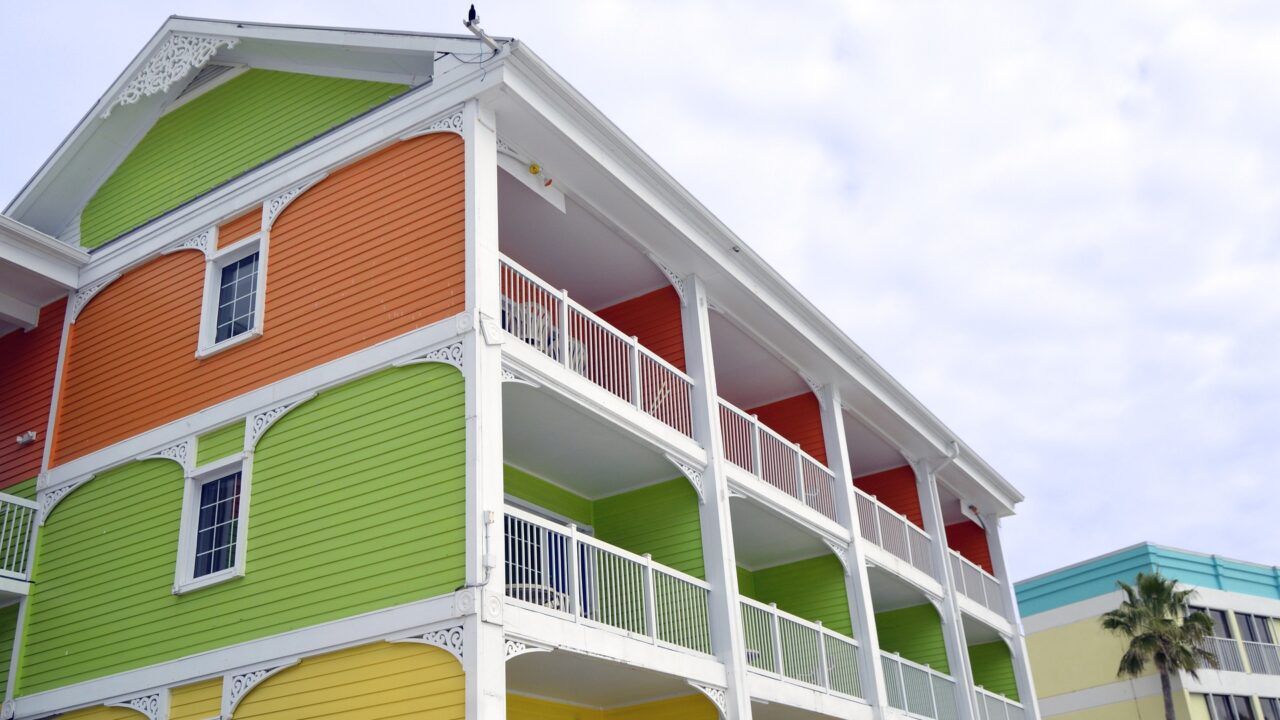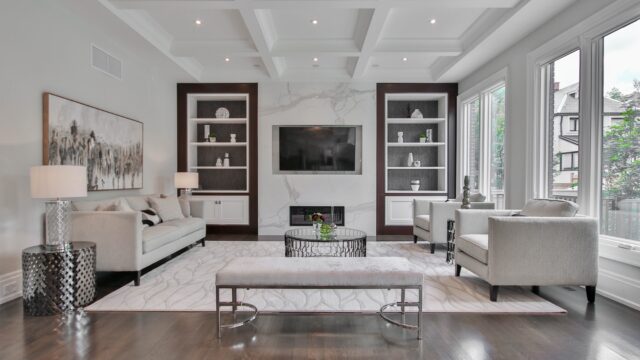In this blog post, I’ll discuss the types of income properties that you should avoid when buying in Japan and explain the reasons behind it. There are three types to consider:
- Properties in rural areas
- Studio apartments
- Properties located far from train stations
On the other hand, the ideal option is to invest in a multi-unit income apartment building. It’s crucial to understand why the other options are not recommended so that you can make informed decisions and avoid falling victim to deception.
Let’s take a closer look at each of these options in detail!
What you can learn from this article
The reliability of this article
This article is written by someone who:
- Has more than 15 years of experience in brokerage services at a real estate agency affiliated with a conglomerate
- Has closed more than 300 real estate transactions to date
- Is a licensed real estate transaction specialist in Japan
- Is a certified financial planner (CFP)
Properties to avoid① Properties in rural areas
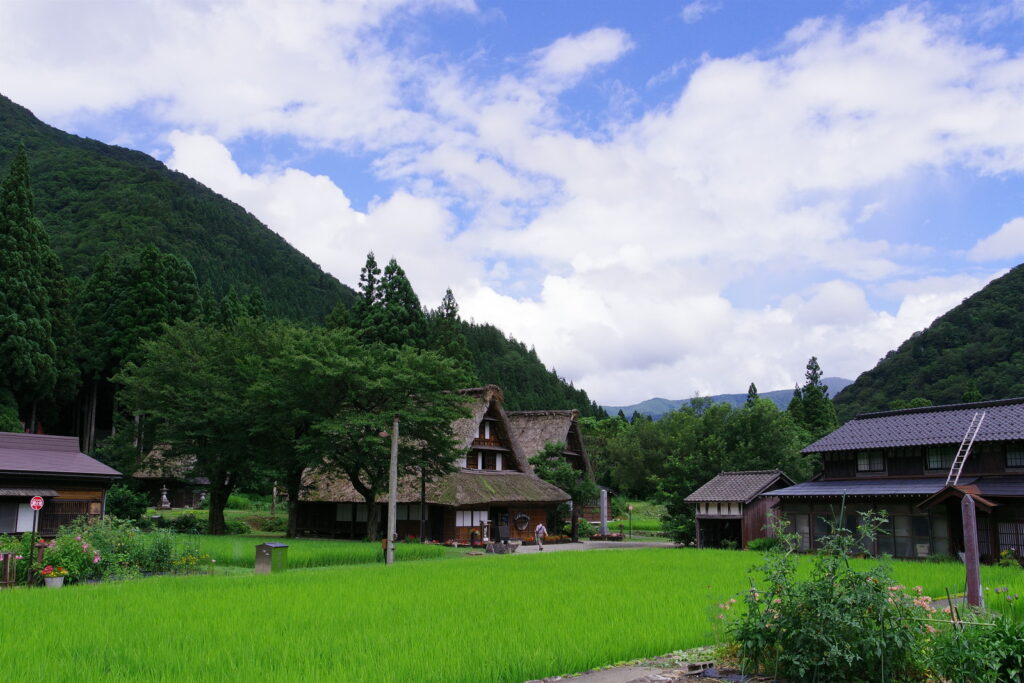
Although it may seem tempting to invest in properties with high yields, it’s important to consider other factors before making a decision. In this blog post, I’ll explain why investing in properties solely based on high yield can be a risky choice.
Reason①:Properties that cannot be sold easily
One of the main reasons to avoid buying certain types of properties is that they lack a viable exit strategy. As a seasoned real estate professional, I have witnessed many clients make the mistake of investing in rural properties that are challenging to sell and struggle to cover property taxes.
It’s crucial to recognize that rural properties in Japan are incredibly challenging to sell, even if given away for free. This often results in an apparent high yield when purchasing such properties, as they are typically offered for next to nothing. Nevertheless, investing in these properties can lead to serious financial problems, and it’s vital to avoid them altogether.
Reason②:If the current tenant leaves, the property may become a liability rather than an asset.
Investing in properties in rural areas may lead to significant issues in the long run. Even if the property has tenants, finding new ones can be challenging once they move out. This is because there is generally low demand for rental properties in these areas, and lowering the rent does not necessarily attract new tenants.
Moreover, there are no major real estate companies that can help find new tenants for rural properties. Local real estate companies are the only option, but they may not have the resources to find new tenants.
If a tenant leaves and the property becomes vacant, it becomes a burden on the owner. They will have to continue paying property taxes, management fees, and other maintenance costs, even though there is no income coming in.
Trying to sell the property can also be a challenge. Even real estate buying companies won’t take it, leaving the owner with no other option but to wait for someone who is either mistaken or deceived into buying it.
The only people who may consider buying a rural property are locals who have an attachment to the area and want to hold onto the property for a lifetime. For others who have no connection to the land, buying such a property could result in nothing but regret and debt.
Properties to avoid② studio apartments
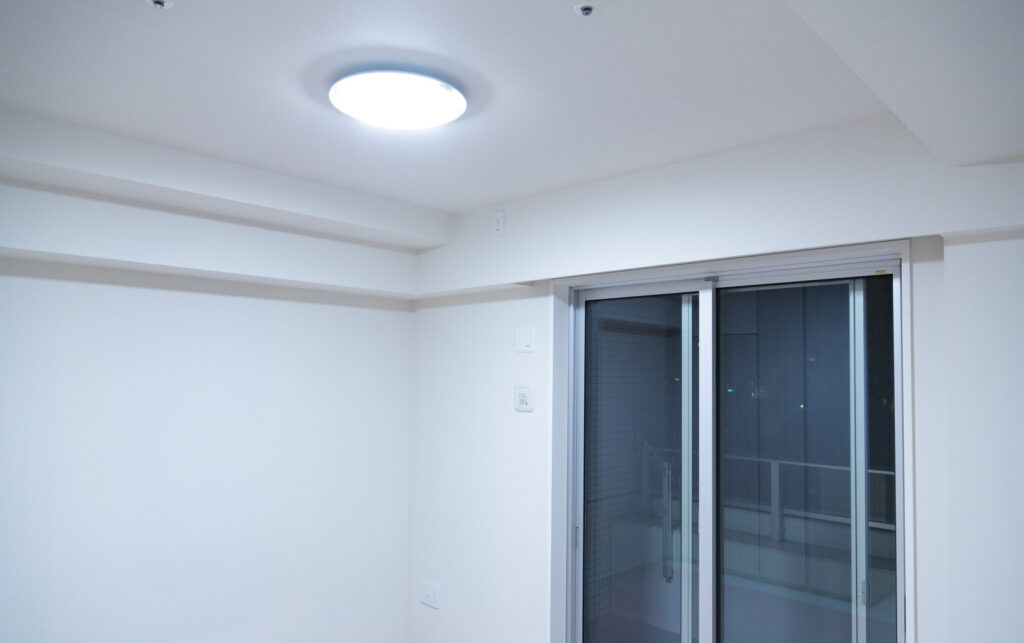
Investing in one-room properties may seem like an easy and affordable way to get into the real estate market, but it can quickly turn into a nightmare for investors. Despite appearing to offer high yields, these properties have a high risk of being vacant for extended periods, making it difficult to generate consistent rental income.
Maintenance and management fees can also quickly eat away at any profits made from rent. These expenses can add up quickly and erode the seemingly high yield that made the investment attractive in the first place.
Furthermore, one-room properties are typically located in crowded urban areas where new buildings are constantly being developed, leading to a decrease in value over time. Reselling these properties can be challenging, especially if they are older and require costly renovations.
Investors who purchase these properties may find themselves with a negative asset that drains their finances rather than generating income. Although the low price of these properties may be enticing, they can quickly become a trap for those who are inexperienced in the real estate market.
Reason①:High probability of losing money
Investing in a one-room apartment through a loan can be a risky move. In Japan, most financial institutions don’t offer loans for such properties, and the few that do charge interest rates that are two to three times higher than those for regular investment loans from major banks. Moreover, fixed costs such as management fees, repair reserve funds, property taxes, fire insurance premiums, and management commission fees (if applicable) can result in a deficit.
Even if you don’t take out a loan, the expected yield is only about 3%, which is lower than high dividend stock investments. When considering the effort involved in managing the property, investing in stocks seems like the better option.
It’s also important to consider the risk of vacancy. Investing in a studio apartment is particularly risky because it relies on only one tenant, and if that tenant leaves, the risk of vacancy becomes a heavy burden while fixed costs continue to accumulate.
Reason②:saturation
In Japan, developers keep building new one-room apartments to attract first-time buyers, both for condominiums and rental properties. As a result, the market is oversaturated and highly competitive.
These properties are typically aimed at single tenants, leading to high turnover rates as tenants frequently move due to job transfers or changes in their lifestyle. As vacancies occur, landlords must compete with many similar properties for tenants, which can result in a drop in rental prices.
Properties to avoid③ properties far from train stations
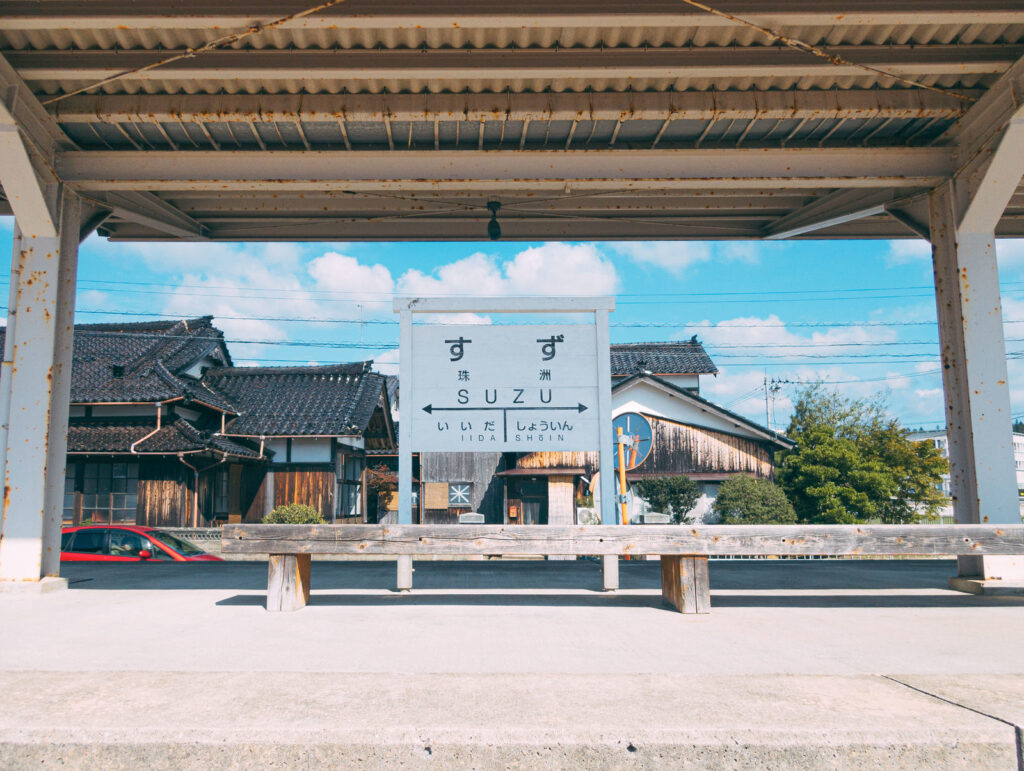
It’s important to recognize that in urban areas of Japan, public transportation is highly developed, and many people do not own cars. As a result, properties located far from train stations have significantly lower rental demand.
Reason①:This is difficult
It’s important to consider that properties located far from train stations may be less desirable, resulting in lower property values and rental prices. Owners may need to invest time and money into renovations and unique features to attract potential tenants.
Managing a property that is not located near public transportation can also be challenging. If a tenant has an issue, it may be more difficult for the owner to respond quickly if they are not nearby, potentially resulting in tenant dissatisfaction and loss of rental income.
In summary, investing in properties located far from train stations may be suitable for experienced real estate investors who have the time, resources, and expertise to manage them effectively. However, it may not be the best option for those who are just starting out in real estate investing or who do not have the necessary knowledge and skills to manage a labor-intensive property.
Reason②:It is difficult to keep winning all the time
In Japan, the value of a property is heavily influenced by its location. As a property ages and deteriorates, its value tends to decline, which can make it difficult to compete with newer properties in better locations. Additionally, investing in renovations and other improvements to differentiate a property can be expensive and may reduce the profitability of rental properties. This is why it’s crucial to carefully evaluate a property’s location and other factors before investing in real estate in Japan.
Single-Apartment Buildings Are Recommended
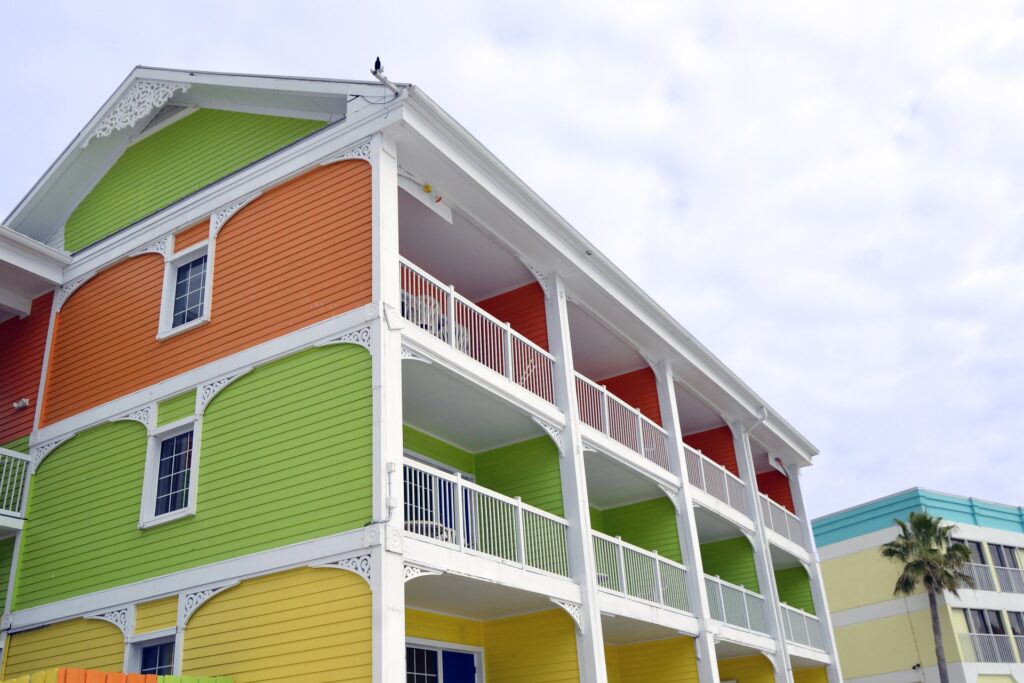
Investing in a single apartment building in Japan can offer stable and predictable rental income, especially in family-oriented areas where demand for larger living spaces is high. Compared to managing multiple-unit properties like condominiums, single apartment buildings are generally easier to manage and allow for greater control over tenant selection.
While there are still risks involved, such as maintenance costs and periods of vacancy, a well-chosen single apartment building can be a profitable investment opportunity for those interested in Japanese real estate.
Summary
In this article, we discussed the types of properties that should be avoided and those that should be considered when investing in income-generating real estate in Japan, especially for beginners.
Real estate is a significant investment, and one wrong decision can be costly. Therefore, it’s crucial to avoid properties that should be avoided and focus on those that are worth considering.
Ultimately, the decision on which property to invest in is up to you. Despite what real estate agents or others may say, choose what you believe is best for your investment goals. This is the key to successful real estate investing without regrets.
Thank you for reading to the end!

